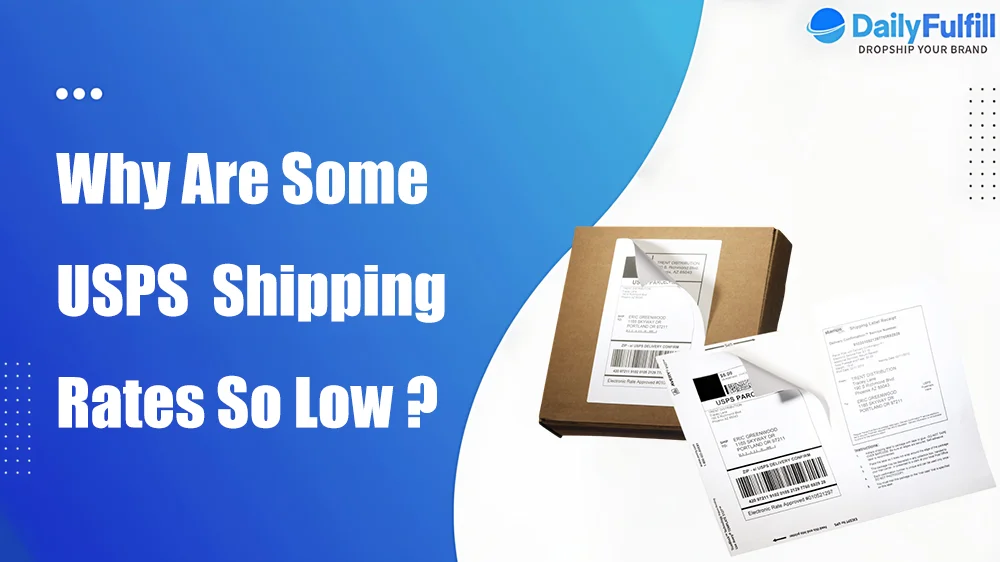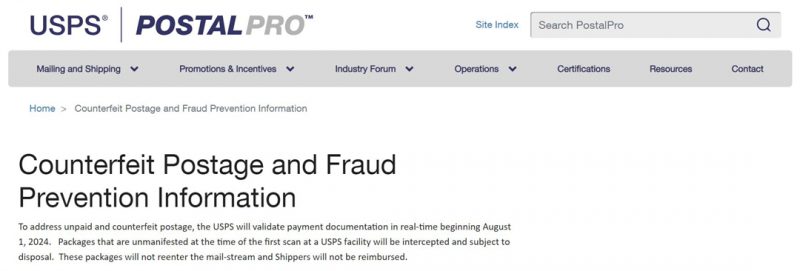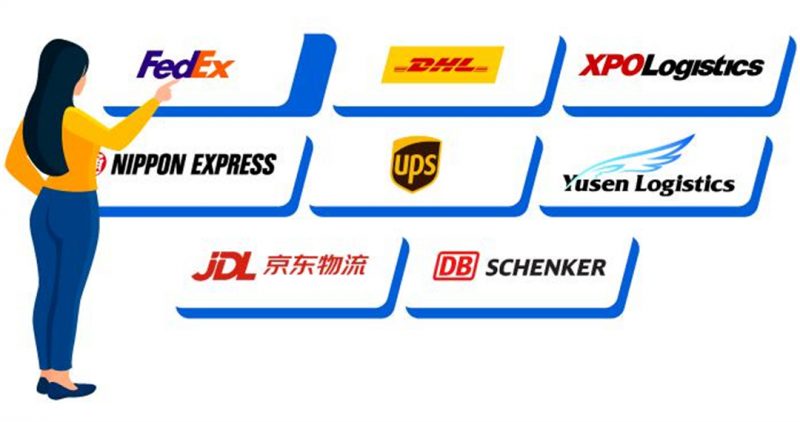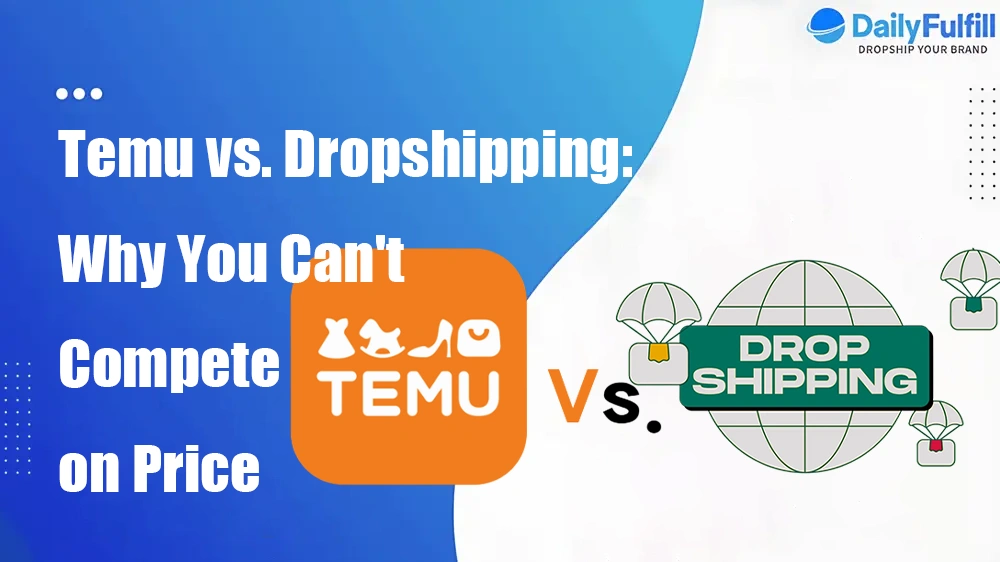
Why Are Some USPS Shipping Rates So Low?

As competition in the logistics industry intensifies, some freight forwarders resort to unethical practices to attract customers and capture market share. One alarming trend is the use of fake shipping labels or exploitation of platform loopholes to send parcels — a practice we’ll refer to here as counterfeit postage. These schemes have caused significant losses for logistics companies and shippers alike.
For example, in May 2024, U.S. authorities exposed a major fake-label case involving 420 million RMB, prompting carriers like UPS and USPS to tighten investigations into counterfeit postage operations. Now, starting August 1, 2025, USPS is again stepping up inspections to crack down on these fraudulent practices.

What Is Counterfeit Postage?
Counterfeit postage refers to fraudulent activities in the logistics sector where individuals or companies manipulate shipping data — such as falsified transport details, fake delivery confirmations, or forged tracking numbers — to illegally obtain money or goods. These behaviors often result in serious financial losses for logistics providers, sellers, and consumers, and are treated as serious offenses within the industry.
Common Forms of Counterfeit Postage Fraud
Fraud involving counterfeit postage typically shows up in several forms:
1. False Shipment Information
This includes fabricating shipment details like quantity, declared value, or item description to gain unfair profits. For example, a seller may ship 100 boxes of high-value goods, but the forwarder records only 80 boxes or changes the declared value. That discrepancy lets the forwarder obtain extra payment or pocket goods — leaving sellers and carriers with financial losses.
2. Fake Transit Updates
Fraudsters may alter tracking information so the parcel’s shown status or location doesn’t match reality. A shipment might be marked as “delivered” even though it’s still in transit or hasn’t left the warehouse. Such false updates create confusion, may force additional investigative costs on carriers, and put sellers at risk of complaints and lost sales.
3. False Delivery Signatures
Packages are sometimes marked “delivered” with forged signatures despite never reaching the recipient. When this happens, consumers don’t receive goods, carriers must investigate (incurring extra costs), and sellers often face refund claims — damaging their reputation and incurring monetary losses.
4. False Claims and Complaints
Some individuals submit fabricated damage or non-delivery claims to obtain refunds or compensation. Repeated fake claims generate financial burdens for carriers and undermine trust between logistics partners and merchants, potentially leading to disputes or legal actions.
Other Tactics
Cracking USPS label rules to generate fake tracking numbers and print counterfeit labels for unauthorized shipments.
Using stolen credit cards to pay shipping fees.

How to Identify Counterfeit Postage
Sellers must stay vigilant. Below are practical tips to spot suspicious activity:
1. Check USPS Tracking Numbers Carefully
Pay attention to USPS tracking number formats:
If a number starts with “92”, the sender ID can be extracted by counting 9 digits starting from the 6th position.
If it starts with “93”, the sender ID consists of 6 digits starting from the 6th position.
A legitimate sender ID should remain stable. Frequent changes, mismatched IDs, or unusual patterns can indicate counterfeit postage risk.
2. Analyze Pricing
Extremely low shipping rates are often a red flag. Fraudulent forwarders register USPS accounts under trading company names and offer rock-bottom prices to attract large volumes and secure USPS discounts. Because USPS often bills monthly, unscrupulous players exploit the billing window to profit quickly and then vanish. When a logistics quote is far below market rate, treat it with caution.
3. Monitor System Tracking and Updates
Use the carrier’s tracking system and maintain regular communication with logistics partners. Watch for inconsistent transit routes, unexpected status changes, or delivery scans that don’t align with physical movement. Early detection of anomalies allows faster remedies.
4. Vet the Logistics Provider
Check a carrier or forwarder’s credentials, history, and customer feedback. Choose companies with strong reputations and verified credentials to reduce exposure to counterfeit postage schemes.

Why Sellers and Carriers Bear the Losses
When counterfeit postage occurs, logistics companies and sellers are typically the ones left to handle the fallout. Many dishonest forwarders run short-term operations — taking advantage of loopholes to collect money quickly, then disappearing when issues surface. The resulting financial and operational damage is borne by legitimate businesses and end customers.
Because counterfeit postage undermines the entire logistics ecosystem, carriers are increasing enforcement and compliance measures. The long-term solution is clear: compliant operations and verified partners are essential. Sellers should not sacrifice security for lower rates — the short-term savings may cost far more in the long run.
Partner with a Trusted, Compliant Fulfillment Provider
DailyFulfill has provided dropshipping and one-piece fulfillment services for years and maintains deep partnerships with reputable carriers including YunExpress, Yanwen, UPS, USPS, FedEx, and DHL. All our shipping accounts are secure, stable, and fully compliant, and we have a proven record of avoiding account-related losses for our clients.
We also assist sellers with insurance claims for delays or losses, further mitigating operational risks. At DailyFulfill, we’re committed to offering high-quality, reliable dropshipping services to global eCommerce sellers. If you want to protect your business from counterfeit postage risks and ensure smooth fulfillment, contact DailyFulfill today.
DailyFulfill is your Best Dropshipping Partner
- 24/7 customer support
- 100% quality guarantee
- 1400+ professional clients
- 8400 m² fulfillment center
- 59960+ Sku of products
- 12+ dropshipping experience


